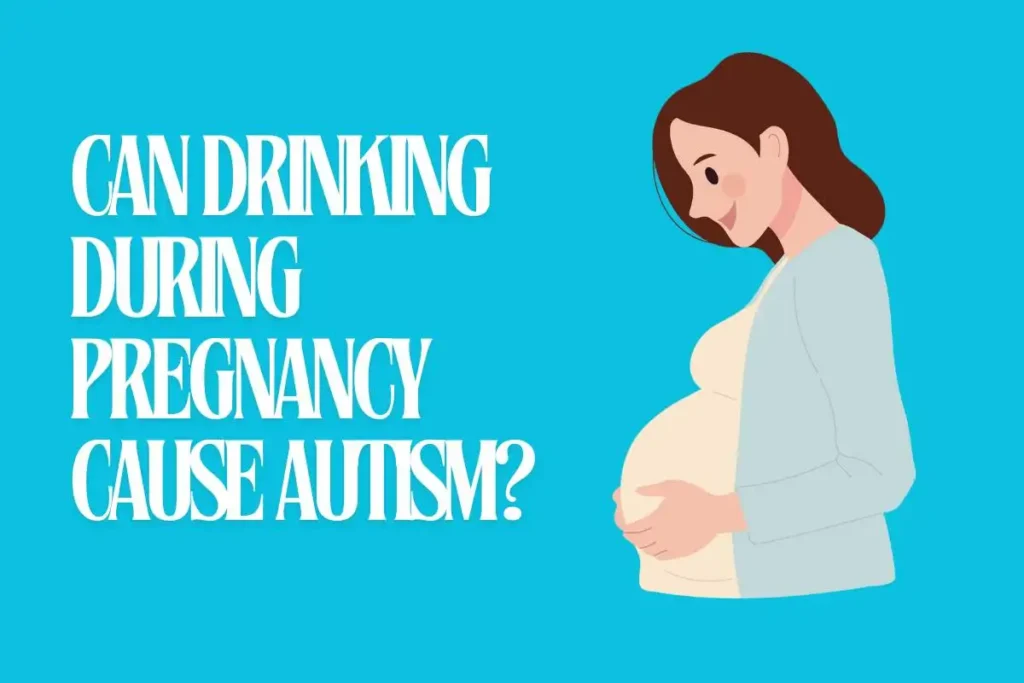Alcohol consumption during pregnancy can have a detrimental effect on fetal development. Ethanol, the active ingredient in alcoholic beverages, can cross the placenta and reach the developing fetus, potentially causing a range of adverse effects.
Effects of Ethanol on the Developing Brain
One of the most significant impacts of alcohol on fetal development is its effect on the developing brain. Alcohol can interfere with the normal development of brain cells, leading to structural abnormalities and functional deficits. These changes can result in a range of neurological and behavioural problems, including learning disabilities, cognitive impairment, and attention deficits.
Critical Developmental Windows
The effects of alcohol on fetal development can vary depending on the timing and duration of exposure. The first trimester is a particularly critical period for brain development, and alcohol consumption during this time can have long-lasting effects. However, exposure to alcohol at any point during pregnancy can be harmful, and even moderate drinking can increase the risk of adverse outcomes.
To minimize the risk of harm to the developing fetus, it is recommended that pregnant women avoid alcohol consumption altogether. If a woman does choose to drink during pregnancy, she should limit her intake to no more than one drink per day and avoid binge drinking. By taking these steps, women can help ensure the healthy development of their babies and reduce the risk of adverse outcomes.
Research on Alcohol Consumption and Autism Risk (Epidemiological Studies)
Several epidemiological studies have investigated the association between maternal alcohol consumption during pregnancy and the risk of autism spectrum disorder (ASD) in offspring. A retrospective analysis of the Millennium Cohort Study found no significant association between light or moderate maternal alcohol consumption during pregnancy and the risk of ASD in offspring [1]. A meta-analysis of five observational studies also found no independent association between maternal alcohol drinking during pregnancy and ASD in offspring [2]. However, a retrospective study found that heavy maternal alcohol consumption during pregnancy was associated with an increased risk of ASD in offspring [1].
Limitations of Current Research
Despite the epidemiological studies conducted on the topic, the relationship between maternal alcohol consumption during pregnancy and the risk of ASD in offspring remains unclear. The studies have several limitations, including reliance on self-reported data, variability in the definition of alcohol consumption, and potential confounding factors such as smoking and socioeconomic status [3]. Further research is needed to clarify the relationship between maternal alcohol consumption during pregnancy and the risk of ASD in offspring.
[1] https://www.ncbi.nlm.nih.gov/pmc/articles/PMC6182718/
[2] https://link.springer.com/article/10.1007/s40489-022-00336-4
[3] https://www.ncbi.nlm.nih.gov/pmc/articles/PMC9221419/
Guidelines for Alcohol Use During Pregnancy
Drinking alcohol during pregnancy can have serious consequences for the health of both the mother and the developing fetus. The Centers for Disease Control and Prevention (CDC) recommends that pregnant women should not drink alcohol at all.
Alcohol can pass through the placenta into the bloodstream of the fetus, which can cause a range of lifelong behavioural, intellectual, and physical disabilities known as fetal alcohol spectrum disorders (FASDs). These disorders can cause problems with learning, memory, attention, communication, vision, hearing, and physical development.
The American College of Obstetricians and Gynecologists (ACOG) recommends that women who are pregnant or planning to become pregnant should abstain from alcohol. They also recommend that women who are trying to conceive should avoid alcohol as well.
There is no known safe level of alcohol consumption during pregnancy, even small amounts of alcohol can be harmful to the developing fetus. Therefore, it is recommended that women who are pregnant or trying to conceive should avoid alcohol completely.
Pregnant women should also take steps to ensure a healthy pregnancy. This includes getting regular prenatal care, eating a healthy diet, staying active, and avoiding exposure to harmful substances such as tobacco smoke and certain medications.
Support and Resources for Expectant Mothers
Expectant mothers who are struggling with alcohol use disorder or who are concerned about the effects of drinking during pregnancy on their unborn child should seek professional help. There are several resources available to provide support and guidance during this time.
Healthcare providers, including obstetricians, gynaecologists, and midwives, can provide resources and support to expectant mothers who are struggling with alcohol use disorder. They can offer advice on how to safely quit drinking during pregnancy and refer patients to local treatment centres or support groups.
Substance abuse treatment centers provide a range of services to individuals struggling with alcohol use disorder, including counseling, therapy, and medication-assisted treatment. These centres can be especially helpful for expectant mothers who need additional support to quit drinking during pregnancy.
Support groups, such as Alcoholics Anonymous and SMART Recovery, provide a safe and supportive environment for individuals struggling with alcohol use disorder. Many of these groups offer specialized meetings for expectant and new mothers in recovery.
National helplines, such as the Substance Abuse and Mental Health Services Administration (SAMHSA) National Helpline (1-800-662-HELP) and the National Council on Alcoholism and Drug Dependence Hopeline (1-800-622-2255), provide free and confidential support to individuals struggling with alcohol use disorder. These helplines can also help you find local resources and provide emotional support during difficult times.
Expectant mothers need to seek help as soon as possible if they are struggling with alcohol use disorder. With the right support and resources, it is possible to quit drinking and have a healthy pregnancy.







